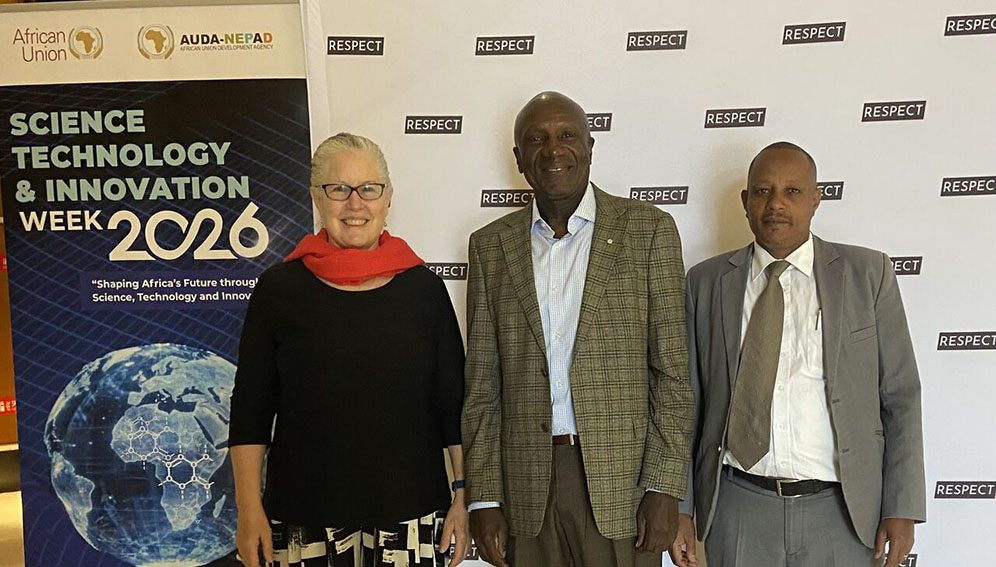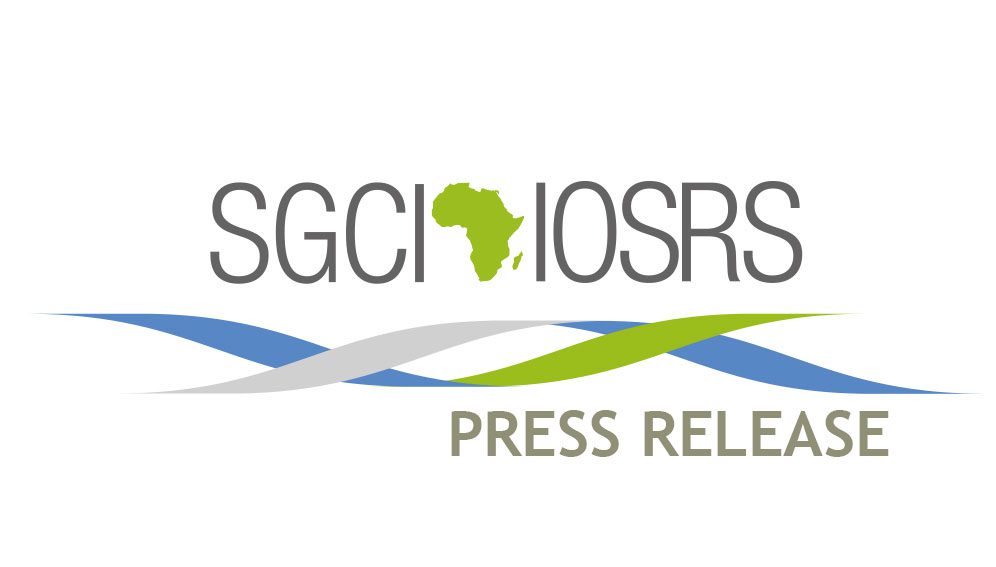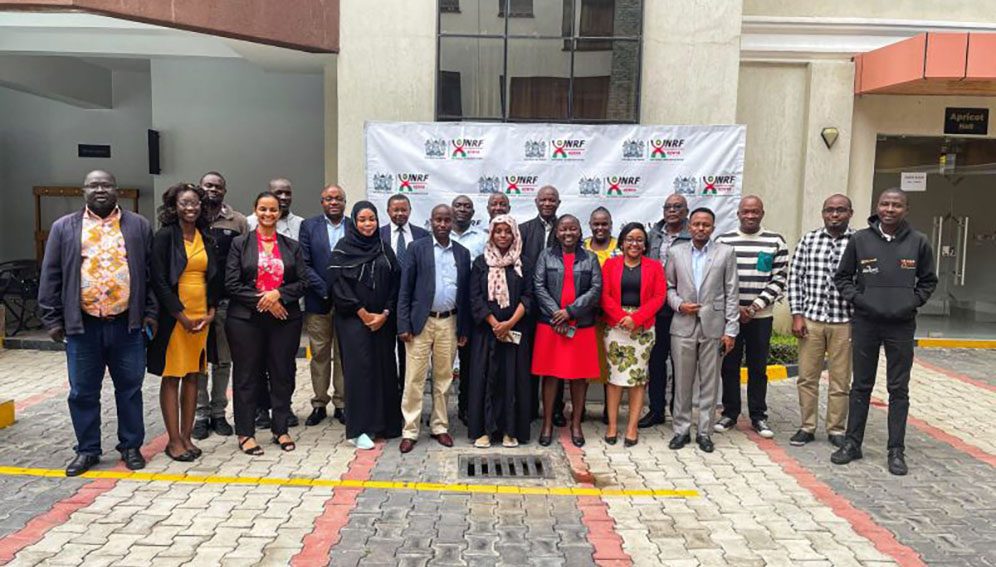SGCI News
A new GEI Project advisory committee has been established that aims to take advantage of the strategic insights of all project members and gives expression to the foundational values of…
A new GEI Project advisory committee has been established that aims to take advantage of the strategic insights of all project members and gives expression to the foundational values of peer-learning and co-creation.
The first meeting of the Science Granting Council Initiative Gender Equality and Inclusion (SGCI GEI) Project Advisory Collaborating Committee (PACC) was held in May 2023.
Drawing as it does on representation from each of the 13 participating science granting councils, the new committee is intended to widen the door to strategic input from all councils, adding their inputs to those of the other project partners such as the Human Science Research Council (HSRC), Council for the Development of Social Science Research in Africa (CODESRIA) and Portia.
| PACC Membership Professor Lyn Middleton (Project Director) HSRC: Dr Ingrid Lynch (HSRC PI), Professor Heidi Van Rooyen (HSRC Co-PI), Dr Lorenza Fluks (HSRC), Ms Roshin Essop (HSRC), Ms Nazeema Isaacs (HSRC), Ms Pilela Majokweni (HSRC), CODESRIA: Ms Irene Kuetche (CODESRIA technical consultant, Francophone), Ms Felicite Djoukouo (CODESRIA technical consultant, Francophone), Dr Augustine Agugua (CODESRIA technical consultant), Dr Dzifa Attah (University of Ghana), PORTIA: Dr Elizabeth Pollitzer, Dr Lilian Hunt, Chair of the GEI Advisory Board. JIVE MEDIA AFRICA: Mr Robert Inglis |
“The PACC was conceived to give expression to and embody the values of co-creation, collaboration and inclusion that are fundamental values that define our GEI Project,” said Project Director Lyn Middleton.
Middleton described the PACC as a “platform to introduce and get buy-in on strategy and the best implementation processes.”
She said the PACC would contribute to workshop design and would advise on and inform research activities, provide feedback on project implementation, contribute to technical project reports and offer peer support to participating councils.
All members will participate in actively reflecting on implementation progress, barriers, and solutions, she said.
One of the other benefits of the PACC will be to keep councils’ networks of stakeholders involved in GEI project activities aimed at strengthening GEI in the research-granting cycle.
Coming as it does in the second phase of the GEI Project, the formation of the PACC takes advantage of a growing wisdom among science granting council members about the importance of GEI and the strategic value of focusing GEI efforts on the grant-making cycle.
The committee will meet virtually twice a year throughout the project implementation period from 1 December 2022 to 1 September 2025.
Related News
SGCI phase 3: USD 42M boost for Africa’s STI agenda
It was an exhilarating moment as the Science Granting Councils Initiative (SGCI) Phase 3 funding announcement was officially made yesterday during the Science, Technology, and Innovation (STI) Week 2026, held in Addis Ababa, Ethiopia. The STI Week, organised by AUDA-NEPAD and the African Union and…
Science Granting Councils Initiative announce support to Africa’s STI Policy Agenda at African Union Meetings
Press Release Addis Ababa, Ethiopia | February 12, 2026 — Ahead of the Annual Summit of Heads of State at the African Union Headquarters in Addis Ababa this February, Canada’s International Development Research Centre (IDRC), the Government of Norway, and the United Kingdom’s Foreign, Commonwealth…
Kenya’s research fund launches data security training
The National Research Fund (NRF) Kenya has launched a research data security training workshop, highlighting its commitment to strengthening the quality, integrity, and impact of publicly funded research across the country. The workshop convened experts from universities, Ministries, Departments, and Agencies (MDAs), and research institutions…
SGCI funded projects
Rwanda’s integrated approach to sustainable agriculture and nutrition
Project Titles & Institution Areas of Research Number of Projects being funded Project Duration Grant Amount In-Kind Distribution Council Collaboration with other councils





